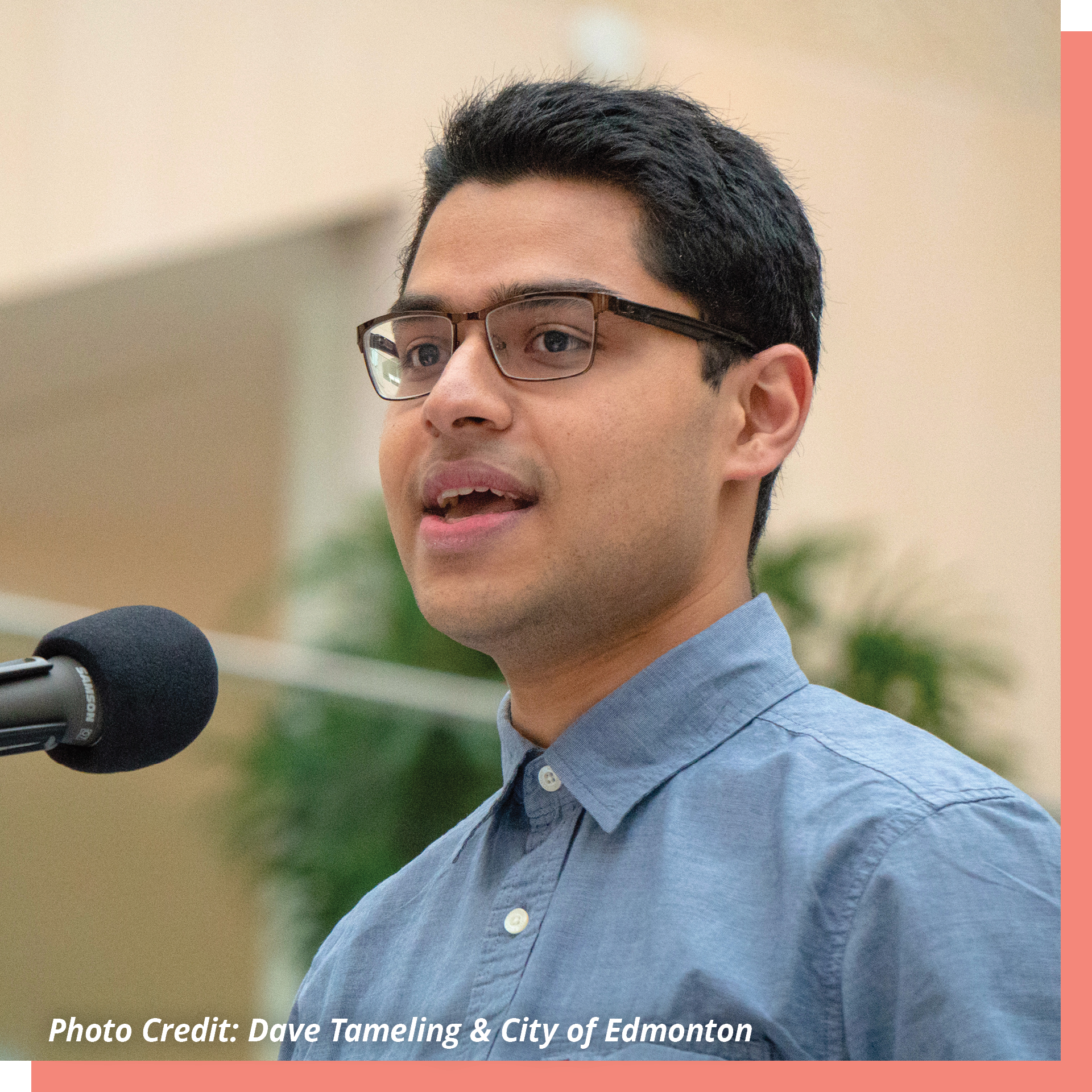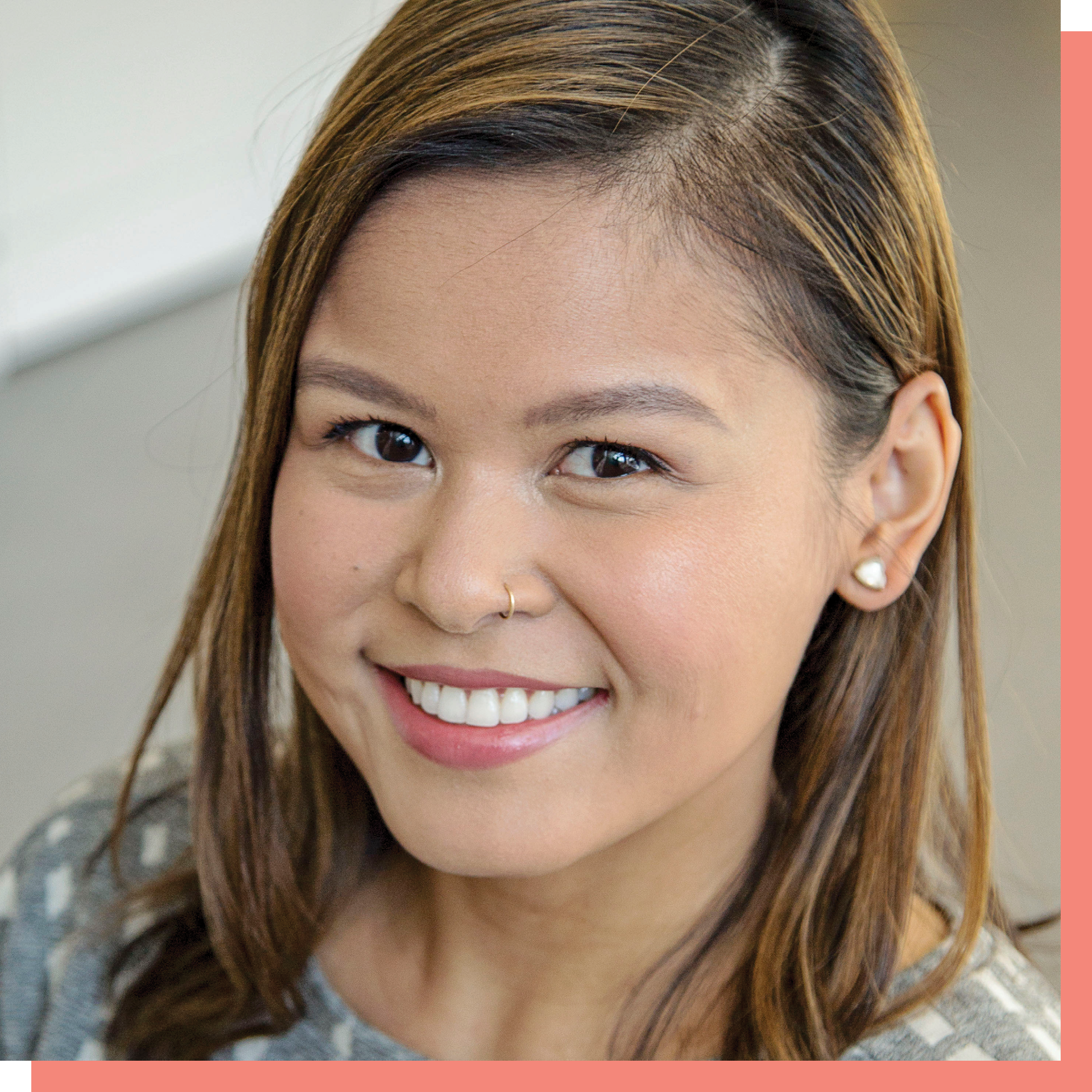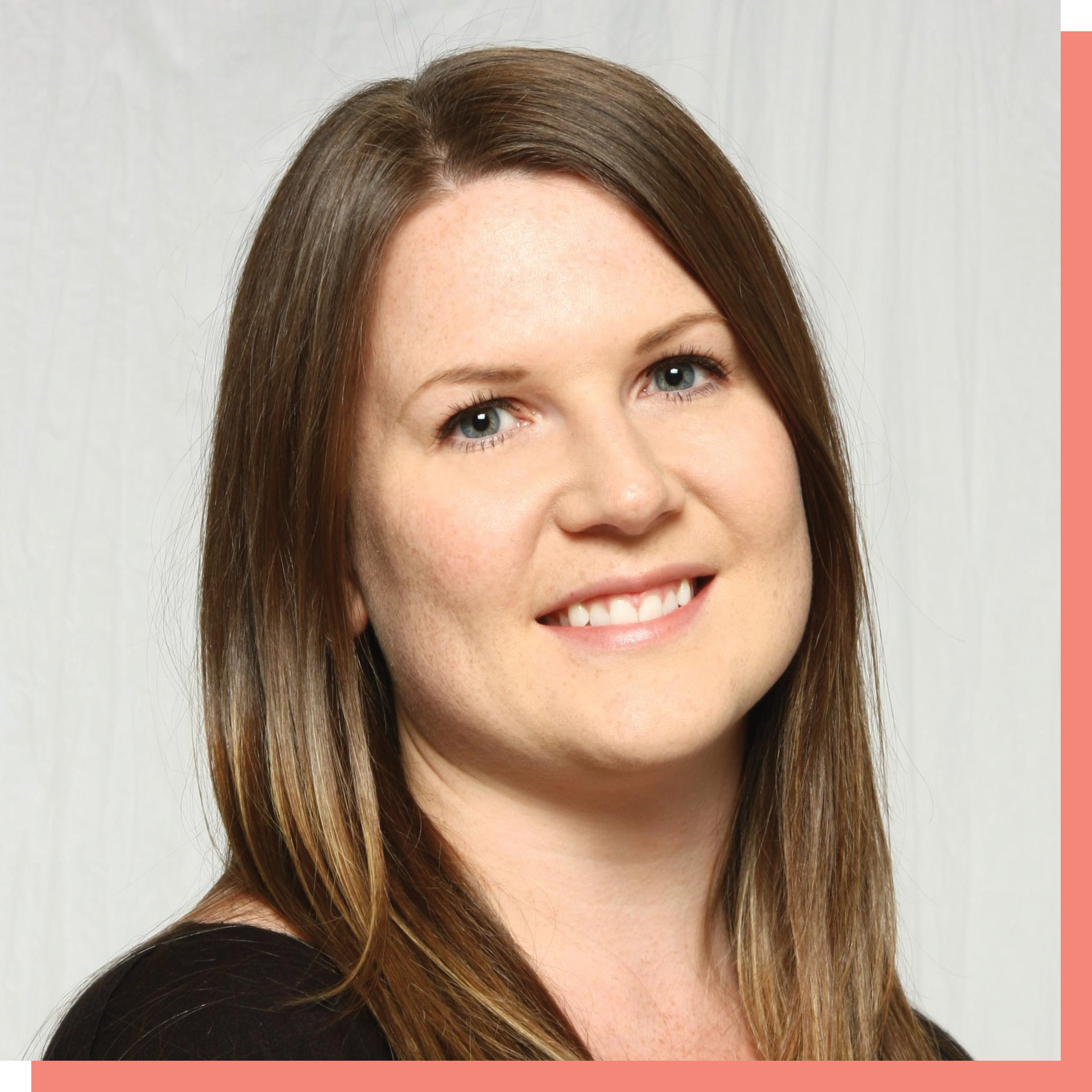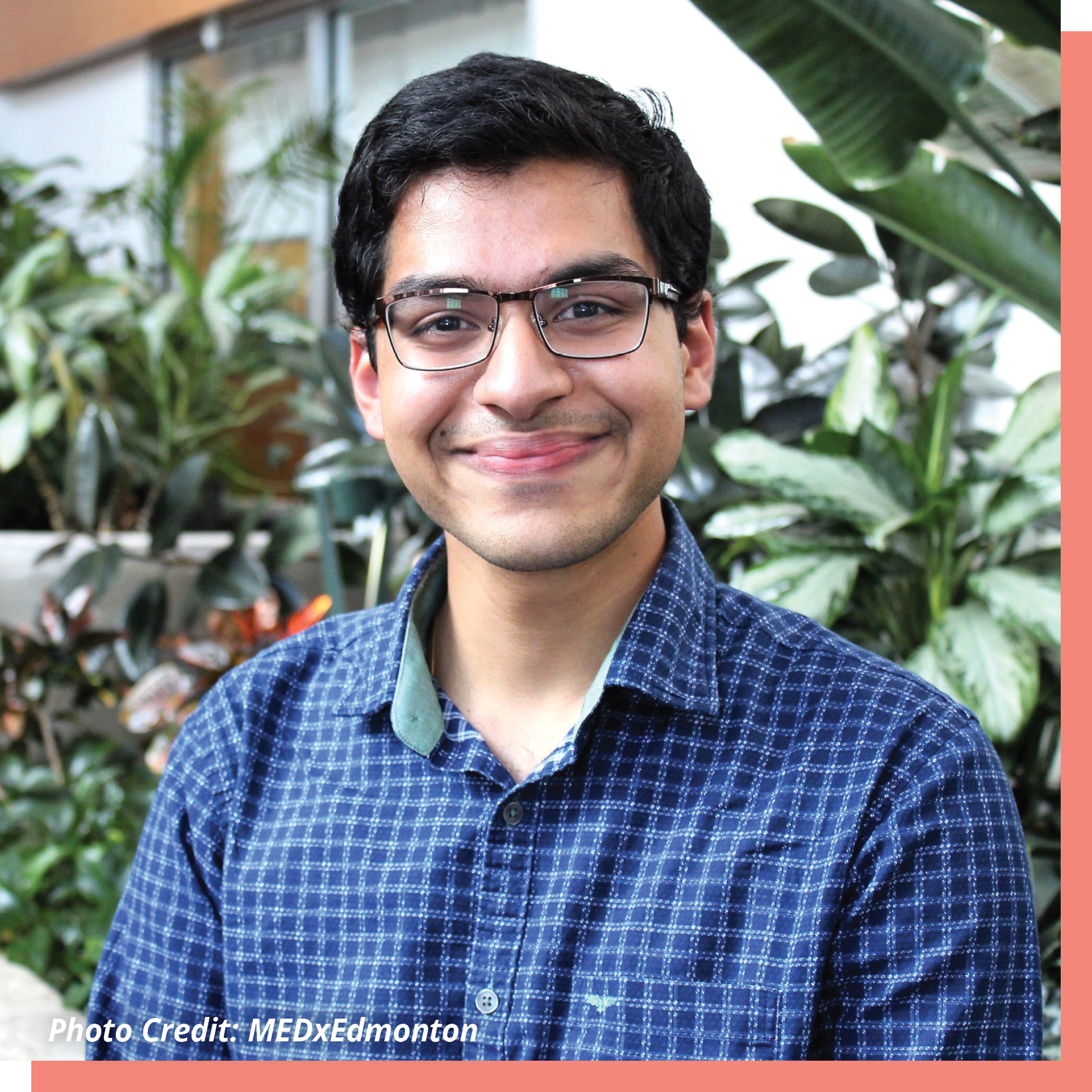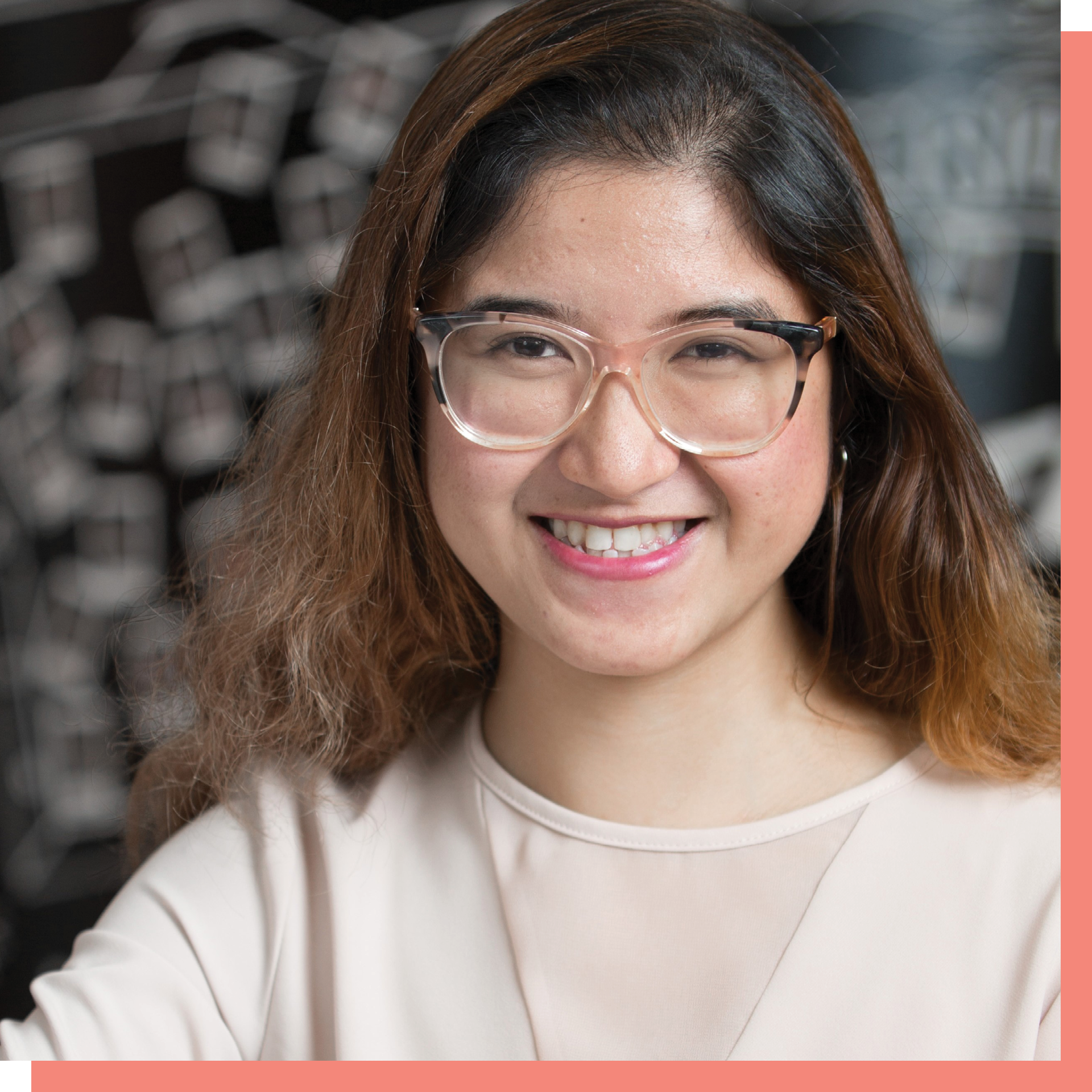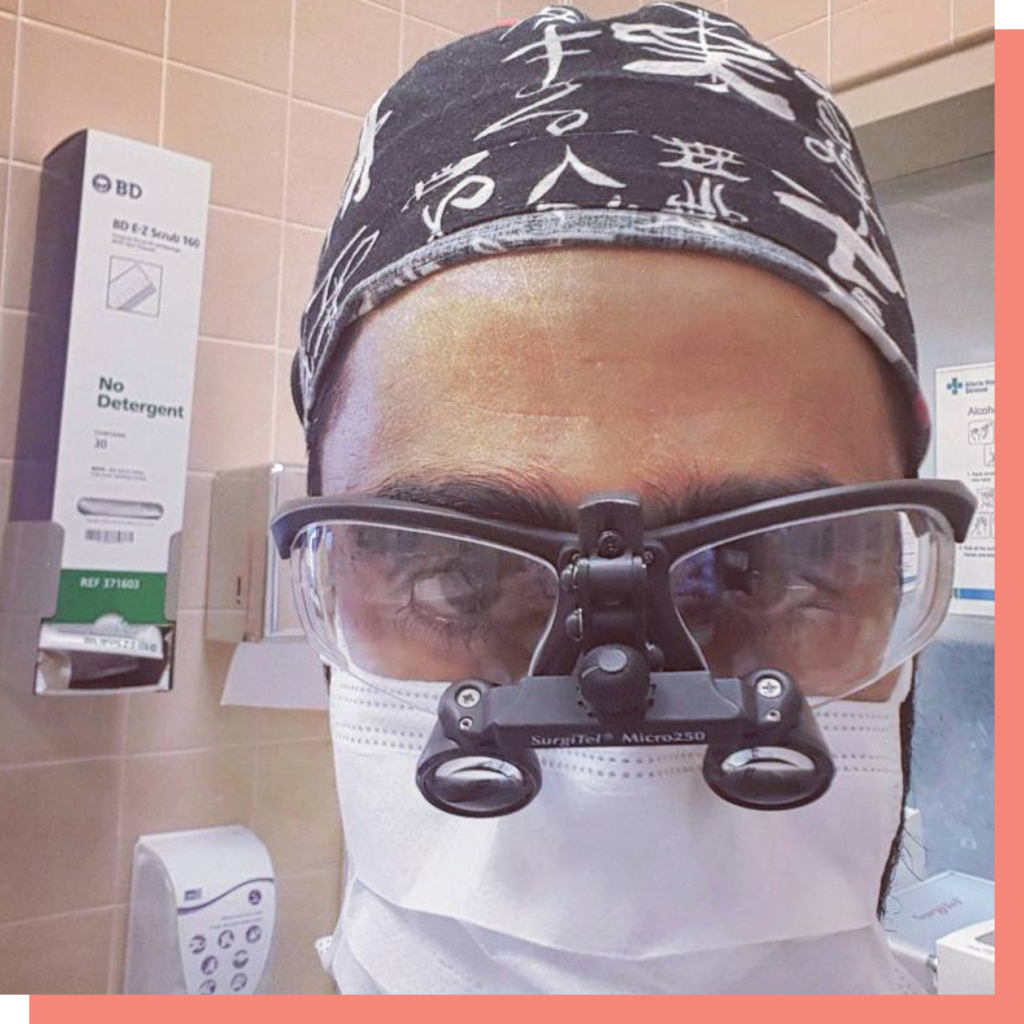
“To improve gender equality, we need to understand the issue through data and research and make informed decisions that get at the heart of the problem.”
-Ameer Farooq
Age: 29
Hometown: Edmonton, Alberta
Currently Residing In: Calgary, Alberta
Affiliations: Alberta Health Services
What influenced you to become a change-maker?
The corridors of Mohammad Ali Jinnah Hospital are smeared with the stains of spit-up paan. There are people everywhere—under the stairs, in every chair, in every bed, some moaning, some simply staring with large desperate eyes. We finally find the room we are looking for. The imam of our mosque is lying on the bed, looking gaunt. He had just been shot by a rival religious group for his views on moderate Islam. After being shot, he was bundled into a car because there is no ambulance system in Pakistan. Thankfully nothing critical had been injured, otherwise he likely would have exsanguinated during transport.
The experiences that I have had on my trips to Pakistan, such as the one above, have had a profound impact on me. As a general surgery resident, I love healing people with my own hands. However, after pursuing a master’s degree in public health at Harvard, I have become passionate about improving global surgical care through the improvement of health systems, specifically through quality improvement and human-centred design.
How does your work promote gender equality in Canada and around the world?
I am focused on improving the quality of surgical care being delivered in low-resource settings.Surgical care is an under-recognized global health issue, yet it impacts the healthcare system on many levels. Addressing the surgical needs of women and building surgical capacity globally would help save the lives of millions of pregnant women who die during childbirth, prevent complications that impact women’s lives, and prevent negative impacts on other areas of development. Working on a kidney transplant program in Guyana with the Ministry of Public Health has inspired me to continue to address the quality of global surgical care through improving decision-making and creating high quality surgical systems.
I am also committed to making surgery a better career for women. Fewer women go into surgery than men, and fewer female surgeons are offered the same positions or the same remuneration as their male colleagues doing the same work. Through my writing, I continue to advocate for surgeons, including improving gender equity for our female colleagues.


